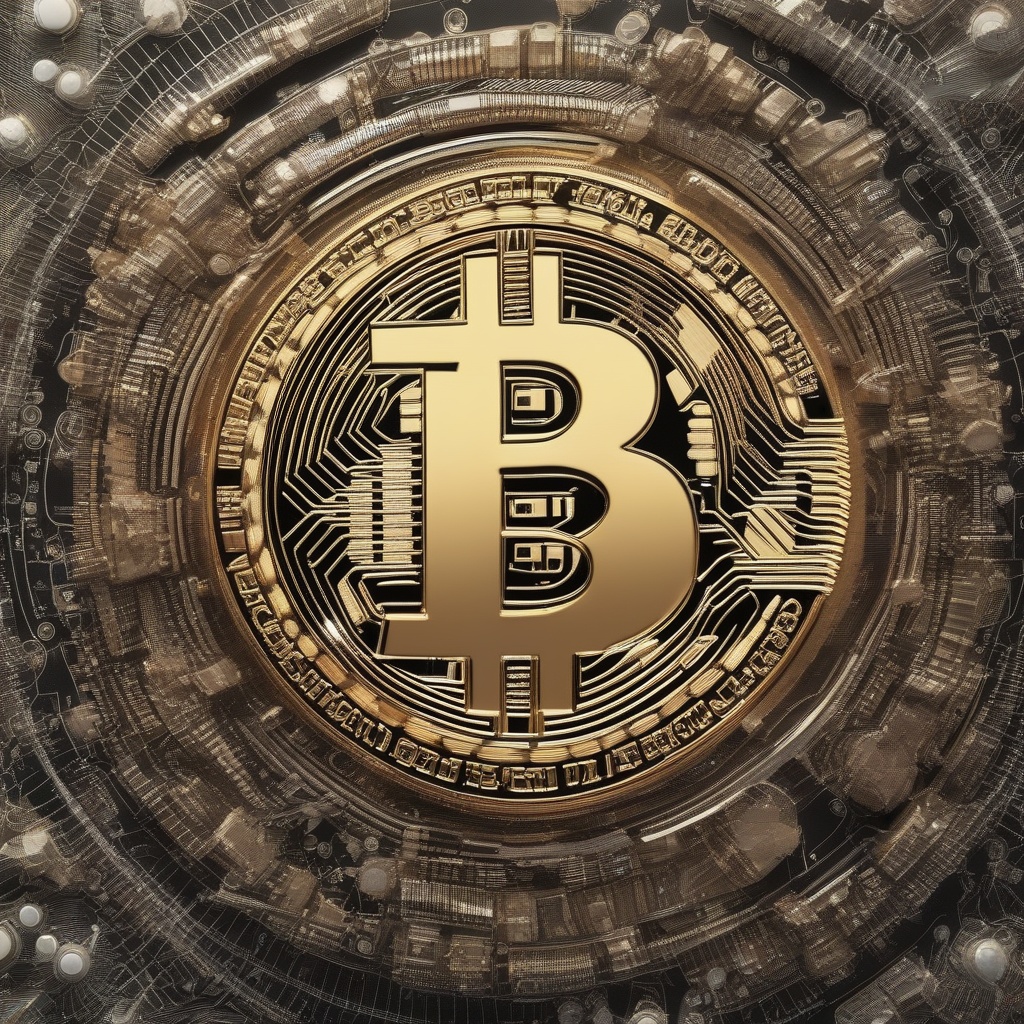Is DeFi illegal in US?
Could you please clarify if decentralized finance, or DeFi, is considered illegal in the United States? As the cryptocurrency landscape continues to evolve, it's essential to stay informed about the legal status of various practices within the industry. Is there any specific legislation or guidance from regulatory bodies that outlines the legality of DeFi in the US? I'm particularly interested in understanding whether or not participating in DeFi activities, such as lending and borrowing on decentralized platforms, is permissible under current laws.
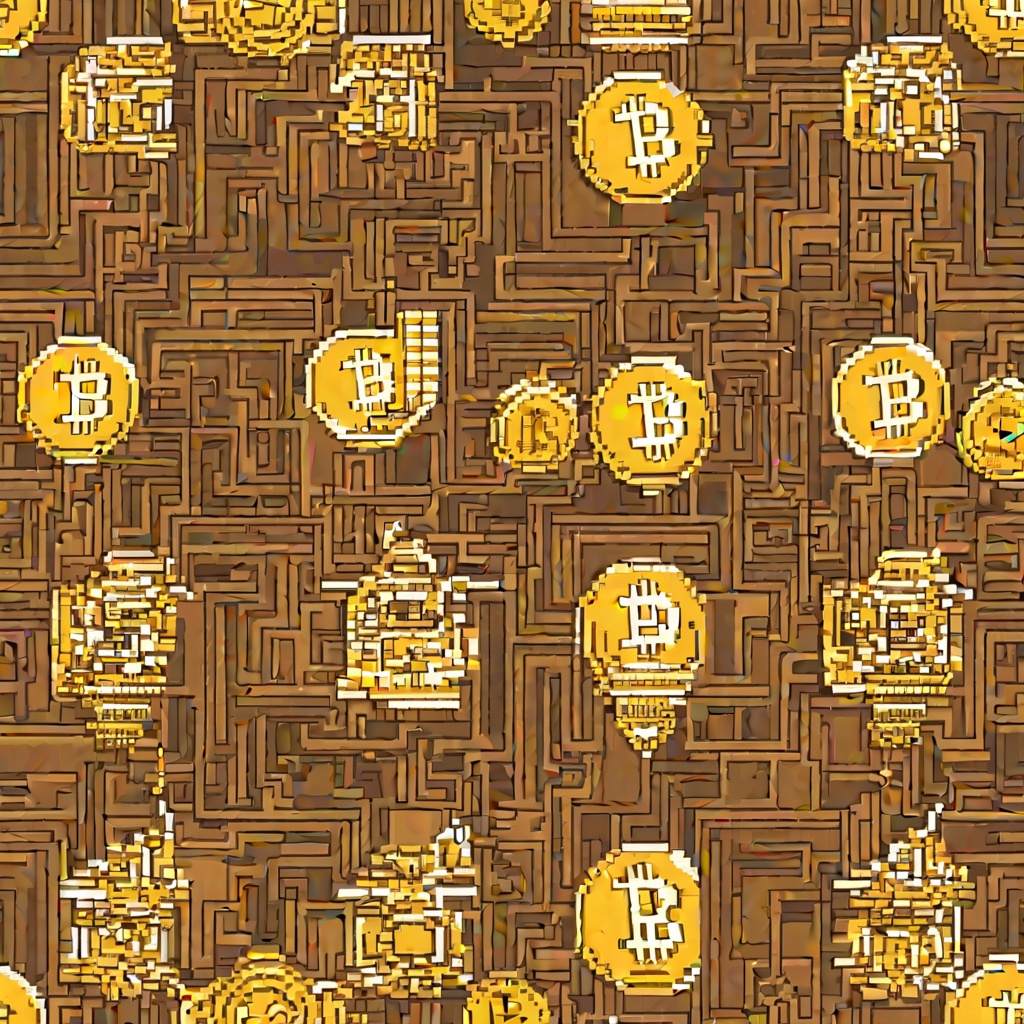
What is the DeFi landscape in 2024?
So, can you walk me through the projected state of the DeFi landscape in 2024? How do you see the growth potential, in terms of adoption, usage, and innovation? Will we see an explosion of new protocols and decentralized applications, or will it be a more refined and consolidated space? Are there any regulatory considerations that we should be aware of, and how might they impact the development of DeFi in the coming years? Lastly, what are some of the most exciting projects or trends that you anticipate will emerge in the DeFi space by 2024?
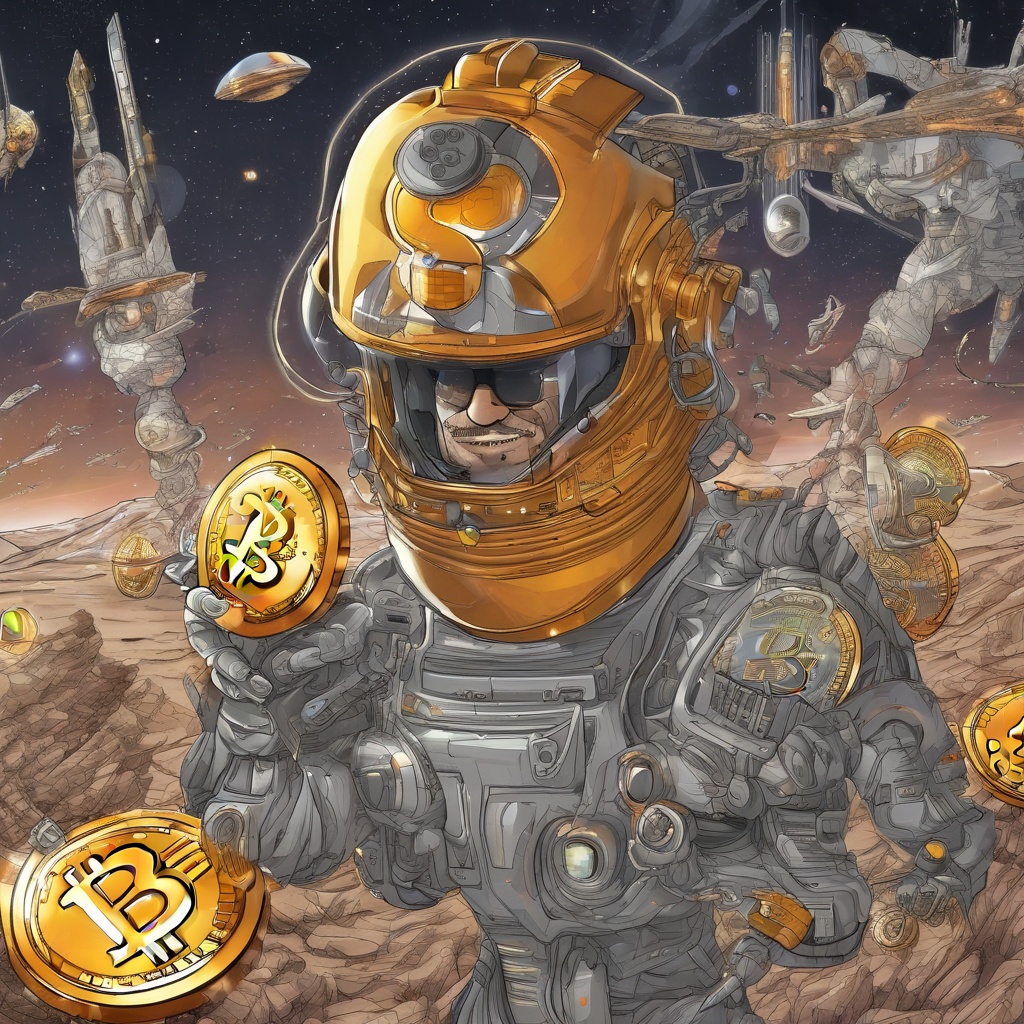
What are the risks of DeFi lending?
So, let's dive into the question, "What are the risks of DeFi lending?" Firstly, it's important to understand that DeFi, or Decentralized Finance, is a rapidly evolving and innovative space, but that also means it comes with its fair share of risks. One major risk is smart contract vulnerabilities. DeFi platforms rely heavily on smart contracts, which are essentially self-executing pieces of code. However, these contracts can contain bugs or flaws that hackers can exploit, leading to the loss of funds. Another risk is impermanent loss, which can occur in liquidity pools where users deposit tokens to earn a return. If the price of one of the tokens in the pool moves significantly against the other, users can experience a temporary loss of value, which can be realized if they withdraw their funds from the pool. Liquidity risk is also a concern, especially in smaller or less established DeFi platforms. If there aren't enough users or traders on a platform, it can be difficult to withdraw funds or execute trades, potentially leading to losses. Furthermore, DeFi lending can be highly speculative, with interest rates fluctuating rapidly based on demand and supply. This can make it difficult for borrowers to predict their repayment obligations, leading to potential defaults and losses for lenders. Finally, regulatory uncertainty is a major risk in the DeFi space. Governments and regulators around the world are still trying to understand and regulate DeFi, which means that there is a risk of legal or regulatory action that could impact DeFi platforms and their users. So, in summary, DeFi lending comes with a range of risks, including smart contract vulnerabilities, impermanent loss, liquidity risk, speculative market dynamics, and regulatory uncertainty. It's important for users to thoroughly research and understand these risks before participating in DeFi lending.
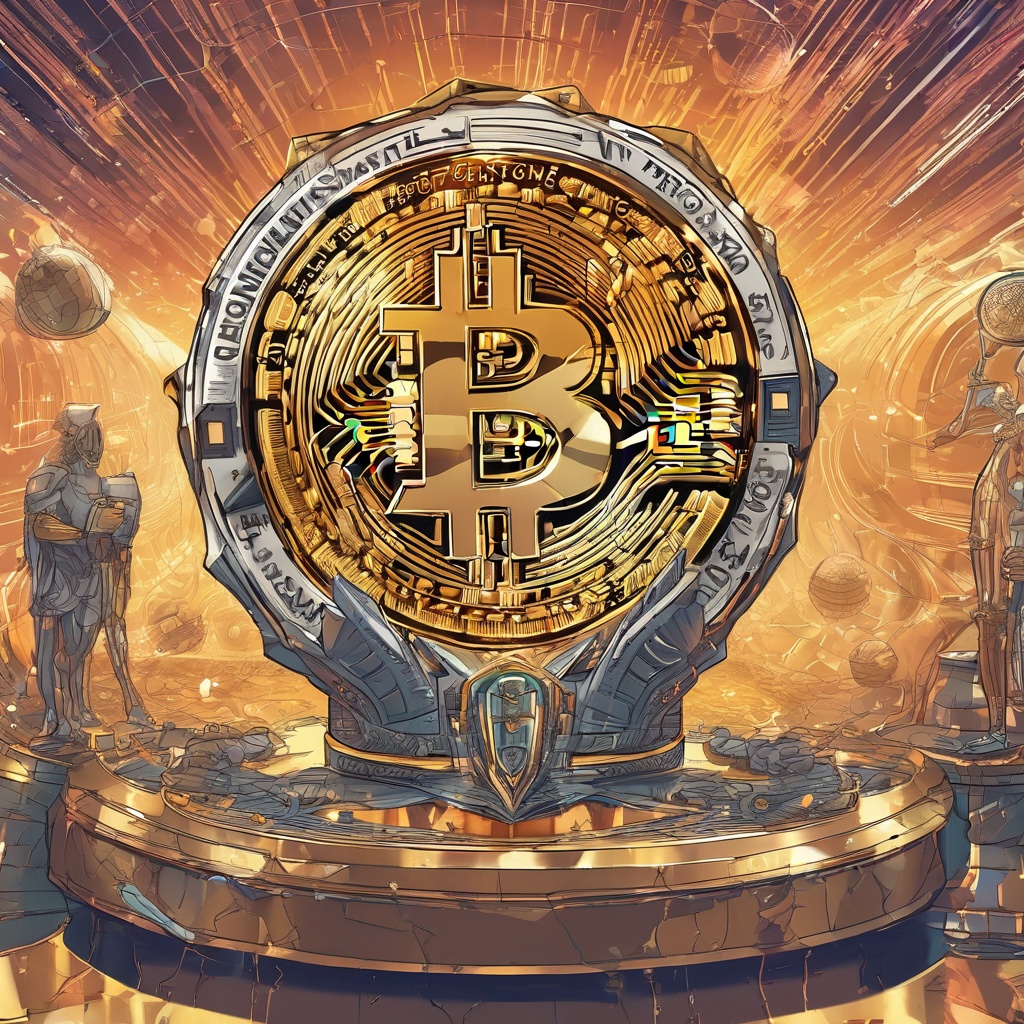
Is DeFi legit?
Well, that's a great question! DeFi, or Decentralized Finance, is a rapidly growing sector within the cryptocurrency and blockchain world. It offers a range of financial services, such as lending, borrowing, trading, and investing, that are all decentralized and often peer-to-peer. But the question of whether DeFi is legit is a complex one. On one hand, DeFi offers many benefits, including increased accessibility, transparency, and efficiency. It also allows for borderless transactions and can help democratize access to financial services. However, DeFi is still a relatively new and unregulated space, which can make it risky for investors. There have been cases of scams, hacks, and other forms of fraud in the DeFi space. Additionally, the lack of regulation can make it difficult for investors to seek recourse if they lose money. So, in answer to your question, DeFi can be legit, but it's important to approach it with caution and do your research before investing. Make sure you understand the risks and potential rewards, and consider seeking the advice of a qualified financial advisor.
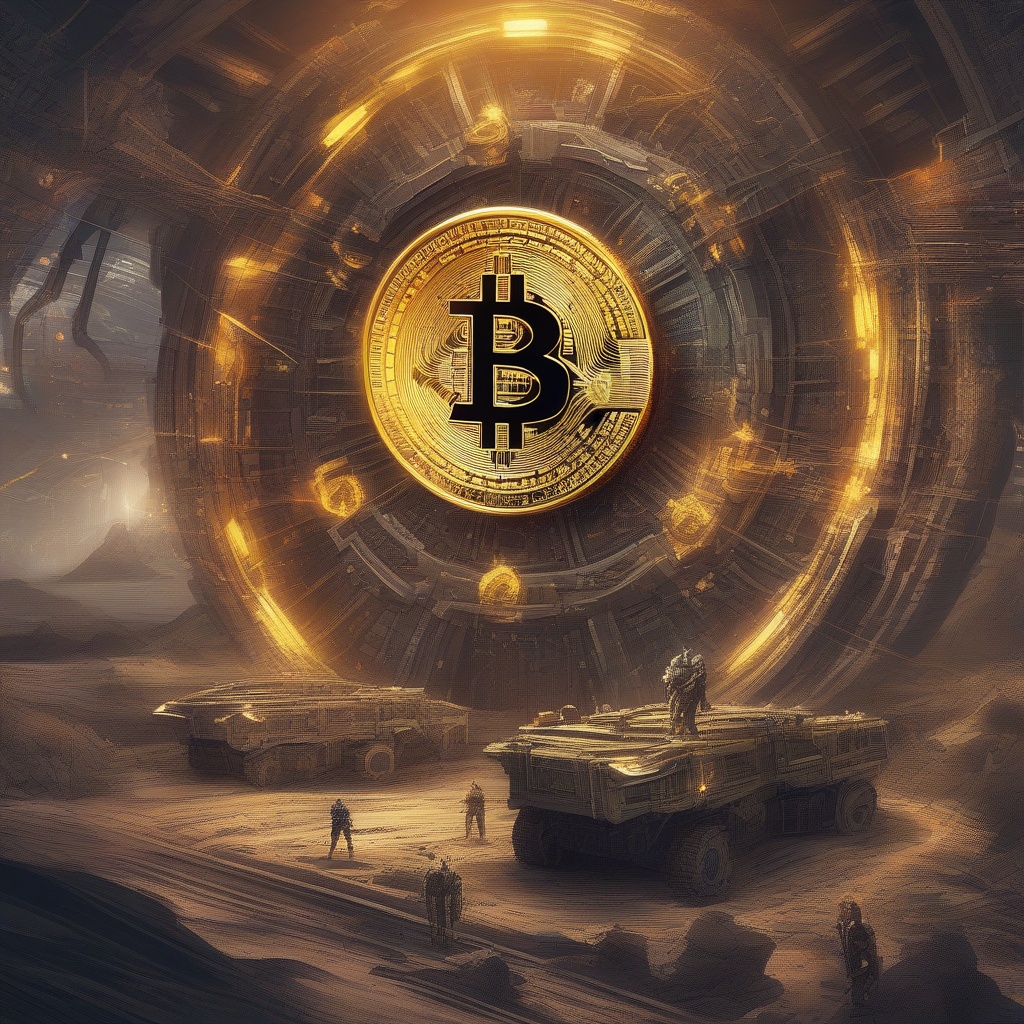
Is DeFi worth the risk?
Could you elaborate on your thoughts about the risk associated with DeFi, or decentralized finance? Are you hesitant to invest in DeFi due to potential volatility, lack of regulation, or security concerns? Are there any specific examples of DeFi projects that have faced challenges or even failed in the past? What strategies or due diligence would you recommend to investors looking to mitigate the risks associated with DeFi? Additionally, do you believe the potential benefits of DeFi, such as increased accessibility, efficiency, and innovation, outweigh the risks?
